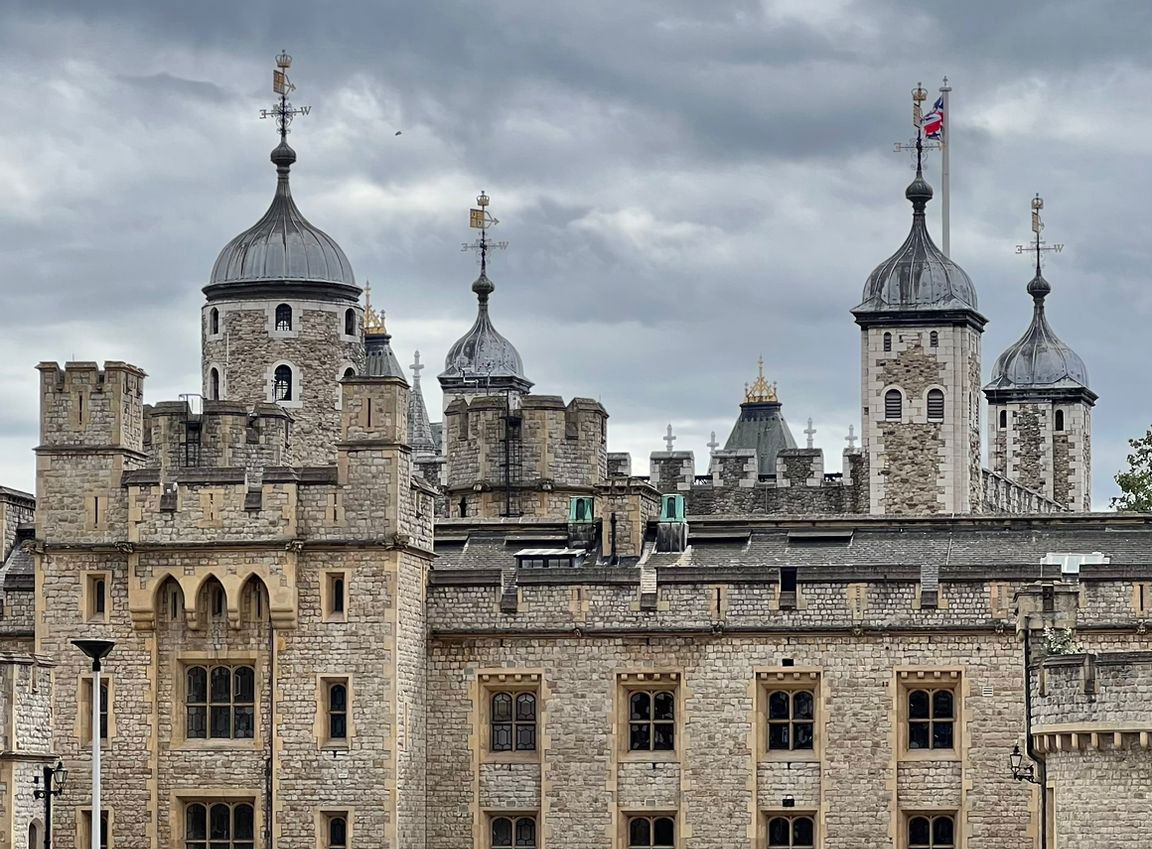Historic Properties in the UK: Preservation, Investment, and Ownership

Historic properties in the UK hold a timeless allure, blending architectural grandeur with cultural heritage. This article explores the nuances of owning, investing in, and preserving these cherished landmarks.
1. Heritage and Cultural Significance
Historic properties in the UK range from medieval castles and Georgian townhouses to Victorian mansions and industrial heritage sites. Each property tells a unique story, reflecting the country's rich history, craftsmanship, and societal evolution.
2. Investment Appeal
Owning a historic property in the UK offers more than mere ownership; it signifies stewardship of cultural heritage and a potential avenue for investment. These properties often command prestige and can appreciate in value over time, attracting discerning buyers and investors seeking a blend of history and exclusivity.
3. Challenges of Ownership
While historic properties exude charm, they also come with unique challenges. Preservation and maintenance can be costly and require adherence to strict conservation guidelines and building regulations. Owners must navigate these requirements diligently to ensure the property's integrity while complying with legal obligations.
4. Financial Considerations
Investing in a historic property involves financial considerations beyond the purchase price. Factors such as restoration costs, ongoing maintenance, and potential tax incentives or grants for conservation efforts should be carefully evaluated. Engaging with experts in heritage conservation and property management can provide invaluable guidance.
5. Preservation Efforts and Sustainability
Preserving a historic property goes beyond maintaining its physical structure; it involves safeguarding its cultural significance for future generations. Sustainable practices in conservation, such as energy-efficient upgrades and adaptive reuse, are increasingly integral to maintaining these properties' viability and reducing environmental impact.
6. Legal and Planning Framework
Navigating the legal and planning framework for historic properties requires specialized knowledge. Planning permissions, listed building consent, and heritage impact assessments are essential considerations when undertaking renovations or alterations to ensure compliance with regulatory requirements.
7. Community and Public Engagement
Historic properties often serve as focal points for community engagement and tourism. Owners and stakeholders play a vital role in fostering public appreciation and awareness of these properties' historical value through educational programs, guided tours, and cultural events.
Conclusion
Investing in and owning a historic property in the UK offers a unique blend of cultural enrichment, investment potential, and stewardship responsibilities. While challenges such as preservation costs and regulatory complexities exist, the rewards of preserving a piece of the country's heritage and enjoying the prestige associated with historic properties are immeasurable.By understanding the intricacies of preservation, investment considerations, and legal obligations, stakeholders can embark on a journey to not only own a historic property but also contribute to its enduring legacy for future generations to appreciate and cherish.



